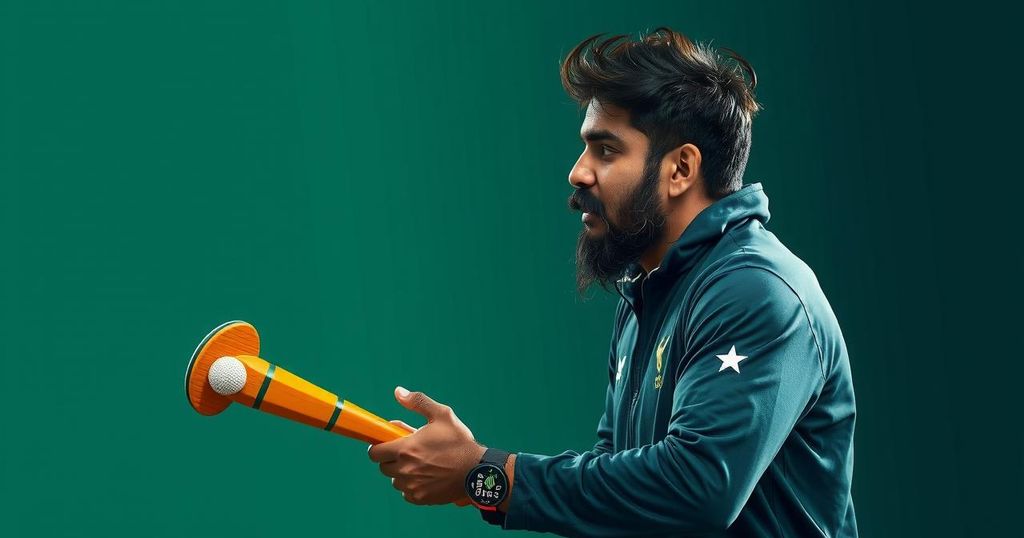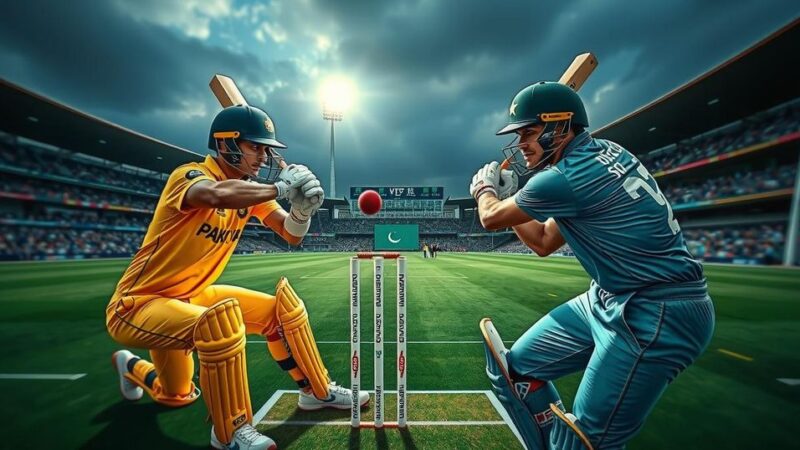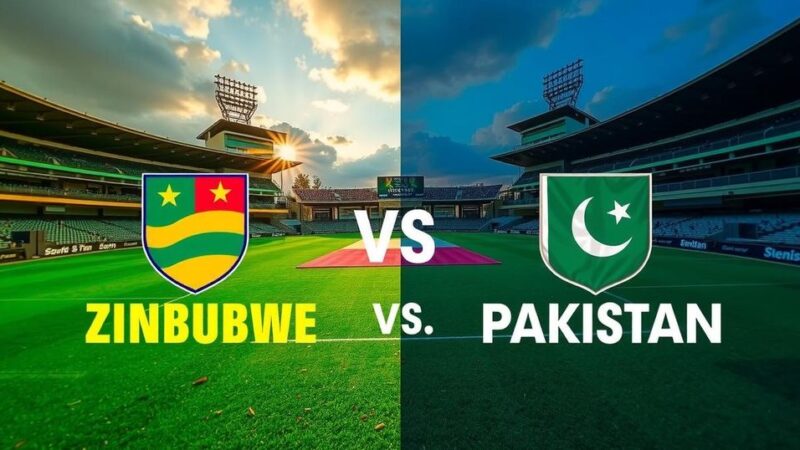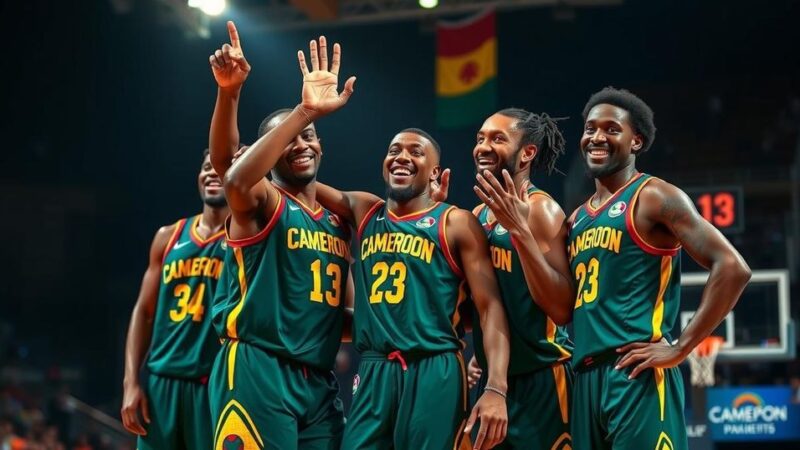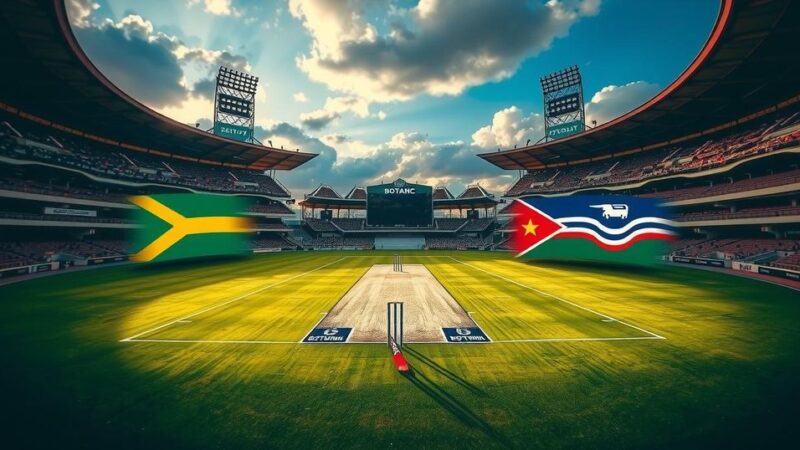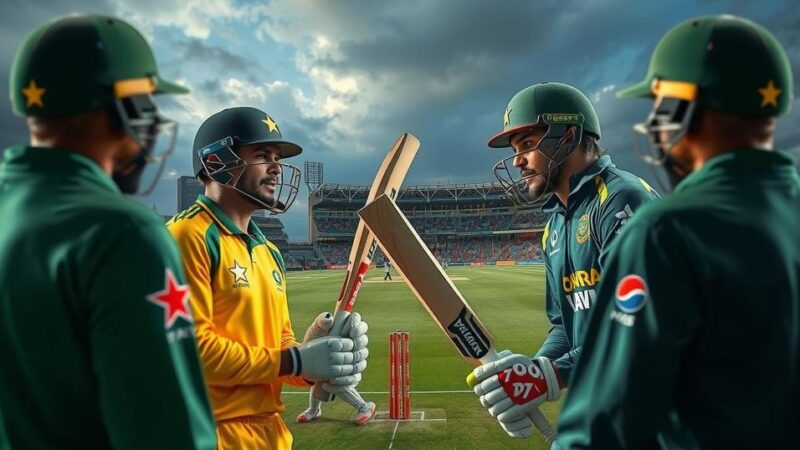The article recounts the historical collaboration between Pakistan and Kenya in hockey during the 1960s, which significantly impacted both nations’ success in the sport. Notable Kenyan player Avtar Singh Sohal reflects on the vibrant hockey culture in Kenya and the joint efforts that contributed to mutual growth. The decline of Kenyan hockey post-independence is also addressed, along with Sohal’s ongoing advocacy for the sport.
The storied history of Pakistani hockey, particularly during its golden era, is notably marked by its engagements with Kenya. Following its first Olympic gold medal in 1960, Pakistan achieved remarkable success in hockey, including two more Olympic golds in 1968 and a silver in 1964, as well as the inaugural World Cup gold in 1971. Crucial to this success were numerous preparatory series with Kenya, where close contests helped hone Pakistan’s competitive edge.
An unforgettable figure from this interchange is Avtar Singh Sohal, a prominent Kenyan hockey player who contributed significantly to both nations’ hockey prowess. Sohal, affectionately known as ‘Tari’, played in the Olympic Games from 1960 until 1972, leading his national team as captain multiple times. Recently visiting Pakistan, he recounted fond memories of the collaborations between the two nations, highlighting the synergy that existed and how it positively impacted both teams.
During the 1960s, hockey was a unifying sport among diverse communities in Kenya, predominantly involving individuals of Indian descent, including Sikhs and Goan Christians. Avtar reminisced about the vibrant hockey culture in Kenya and how local clubs fed into the national team’s talent pool. He noted, “Hockey was the most popular sport among the people of Indian origin.”
The friendship and sporting rivalry contributed to the development of both teams, with Avtar emphasizing that the series greatly benefited Kenya’s international standings. Not only did the arrangement foster strong ties between the two countries, but it also enabled Kenya to perform respectably in subsequent Olympics and World Cups.
Avtar also illustrated the decline of Kenyan hockey post-independence, as many Asian players emigrated, leading to the dissolution of numerous hockey clubs. Even so, he managed to keep hockey alive through his Sikh Union Club, which remains one of the few active hockey institutions in Kenya today. Through his coaching and advocacy, he continues to influence hockey positively.
Ultimately, this historical exploration illustrates the symbiotic relationship between Kenya and Pakistan in hockey, culminating in mutual respect and development in the sport, culminating in a shared legacy that endures to this day.
The article centers on the historical relationship between Pakistan and Kenya in the realm of hockey, particularly during the 1960s—a period regarded as the golden age for Pakistan’s national hockey team. It highlights significant achievements of the Pakistani team and sheds light on the crucial preparatory matches they played against Kenya, which not only aided Pakistan’s success but also helped elevate Kenya’s standing within international hockey. Notably, Avtar Singh Sohal’s memories serve as a bridge connecting these historical events, further emphasizing the importance of community involvement in sports within Kenya during that era, and the transformative effects that these international engagements had, both on players and hockey as a sport.
In summary, the historical connection between Pakistani and Kenyan hockey offers lessons in collaboration and mutual benefit in sports. Avtar Singh Sohal’s reflections and experiences illuminate the crucial role that friendly matches played, showcasing how such interactions foster talent and contribute to athletic development on both sides. As hockey continues to evolve, the legacy of cooperation between Pakistan and Kenya remains a notable chapter in the sport’s history.
Original Source: www.dawn.com
